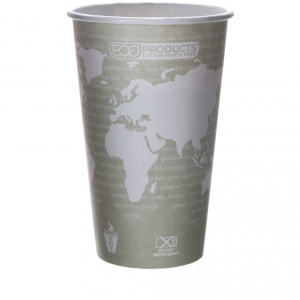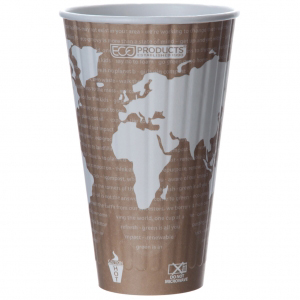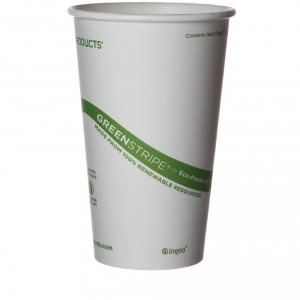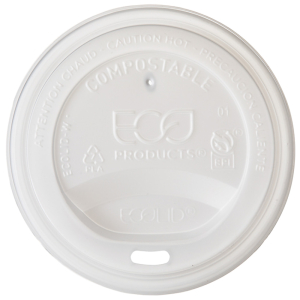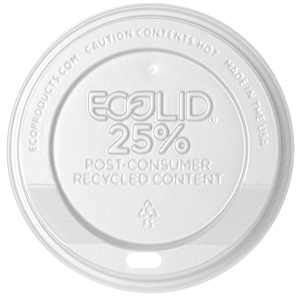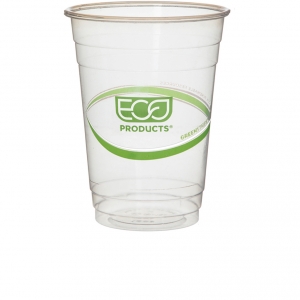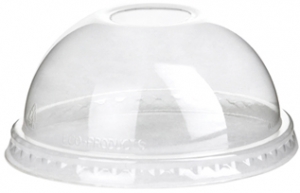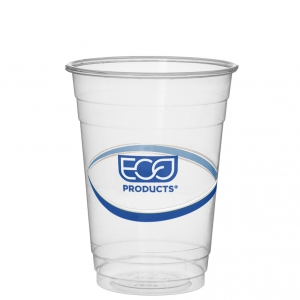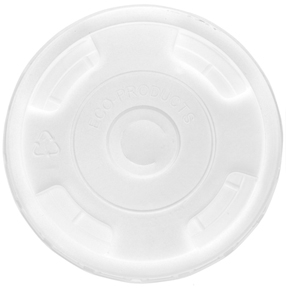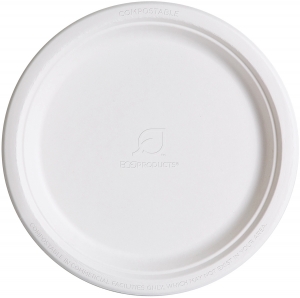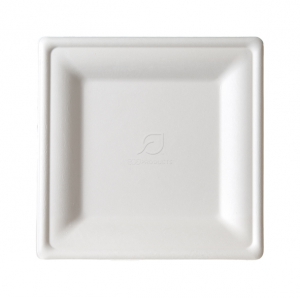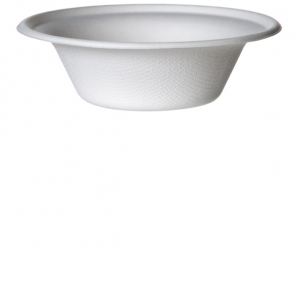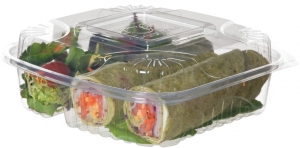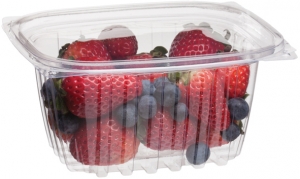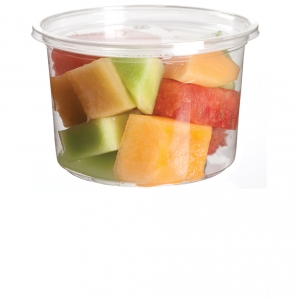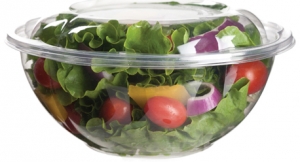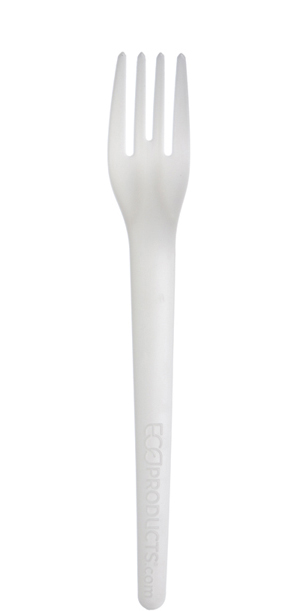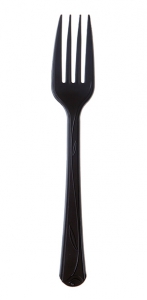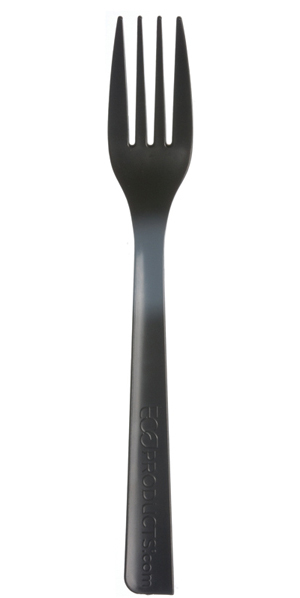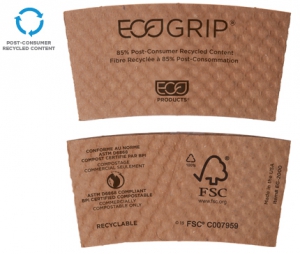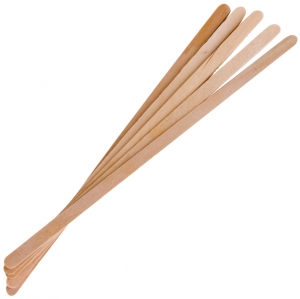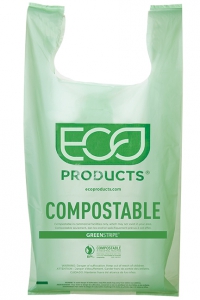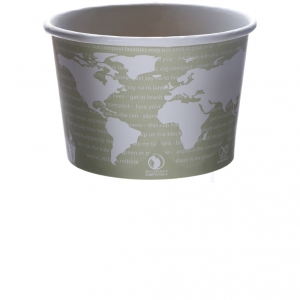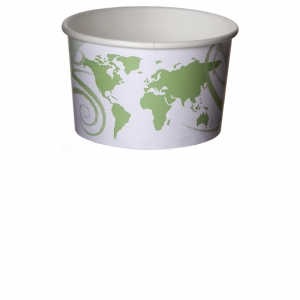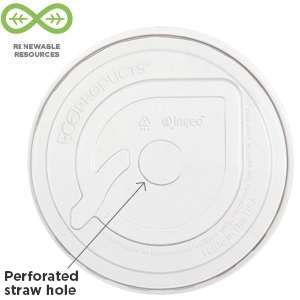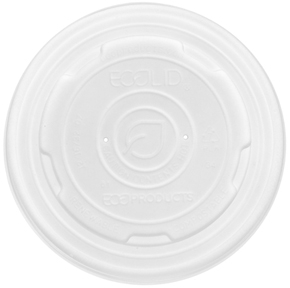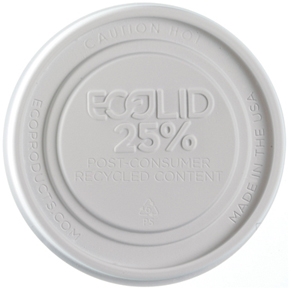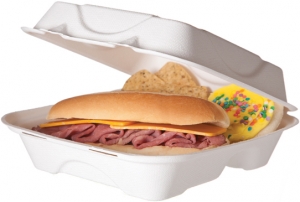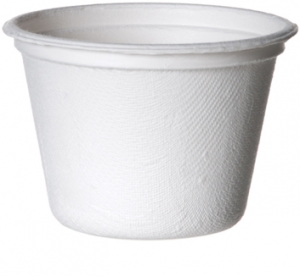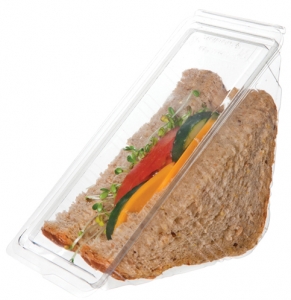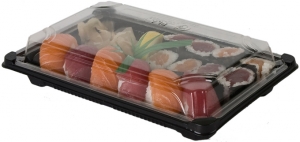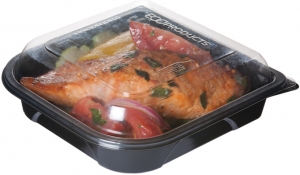Composting
This is a great question with a complex answer! How long it takes something to break down depends on what kind of material it is (e.g., a piece of paper breaks down much more quickly than a corn cob), what kind of composting technology is used (e.g., a backyard pile overseen by a gardener is very different than a commercial facility with millions of dollars in equipment to manage moisture and temperature), and what climate you’re in (e.g., the dry Arizona desert is very different than the humid Pacific Northwest). Most of the compostable products Novolex makes are designed to be composted in commercial facilities, where temperature, moisture, oxygen, and other factors can be carefully monitored. The Biodegradable Products Institute certifies many of our products, and the testing upon which that certification is based allows up to 180 days for biodegradation to occur. However, given the number of variables involved, in reality there is a wide range of time in which compostable products to break down. Some composters have successfully composted packaging in as little as 45 – 60 days. For more information on the composting process, check out this video by Eco-Products: https://www.youtube.com/watch?v=s_27lJ3NQO4&t=3s
We recommend disposing of PLA products in a commercial compost facility where they can be broken down, turned into compost and then returned to the soil. Home composting typically does not create the consistent composting conditions needed for our products, but commercial facilities can manage just fine.
Commercial compost facilities are expanding around the country and there may be one in your area. To find a compost facility near you, please visit the US EPA website or check out Find A ComposterNo, our products are not certified as marine degradable and we strongly encourage everyone to keep all plastics out of oceans and waterways.
For disposal, naturally we recommend composting if it's available, but if not, please dispose of all foodservice items responsibly. Even if these items head to the landfill, this is preferred to leaving items to escape as litter into the environment. There is still an important environmental benefit to choosing Eco-Products items over traditional foam or plastic items that contain no recycled content or renewable materials.
The terms “biodegradable” and “compostable” are not equivalent or interchangeable. “Biodegradable” simply means something will be broken down by microbes over time, which is true for most materials on the planet. An aluminum can is “biodegradable”… if you wait 200 years. Since this term applies to almost everything, it is a pretty meaningless claim and one that has been significantly abused through greenwashing. In contrast, “compostable” means something will break down in a reasonable amount of time, leave behind no toxic residue, and safely become an additive to soil.
Our products are certified compostable by a third-party organization called BPI, and they meet the strict third-party standards for each material type. That's why our products are labeled "compostable" and not "biodegradable". In the US, the Federal Trade Commission (FTC) publishes the "Green Guides" that outlines the rules for environmental marketing claims. All of our claims of compostability are in compliance with the FTC’s Green Guides. For more information: https://www.ftc.gov/news-events/media-resources/truth-advertising/green-guides
PLA items do not breakdown well in most digesters. Technology is always changing, so we hope that more digesters can work with PLA in the near future. For now, we recommend that PLA go into a land-based commercial compost facility only.
Not necessarily, PLA foodservices items will break down at about the same rate regardless of size (extremely large or dense items may take even more time). The composting process primarily depends on heat, moisture, and time, and even small pieces of PLA require the same conditions to start composting. Paper items may break down faster in smaller pieces, but commercial composters know their systems well and often will chop material into the ideal size for their needs.
No, they don't. Our sugarcane and PLA products need the right conditions to compost. They need heat, moisture and microorganisms to fully break down. Soil, water and retail shelves do not provide an optimum environment for composting.

